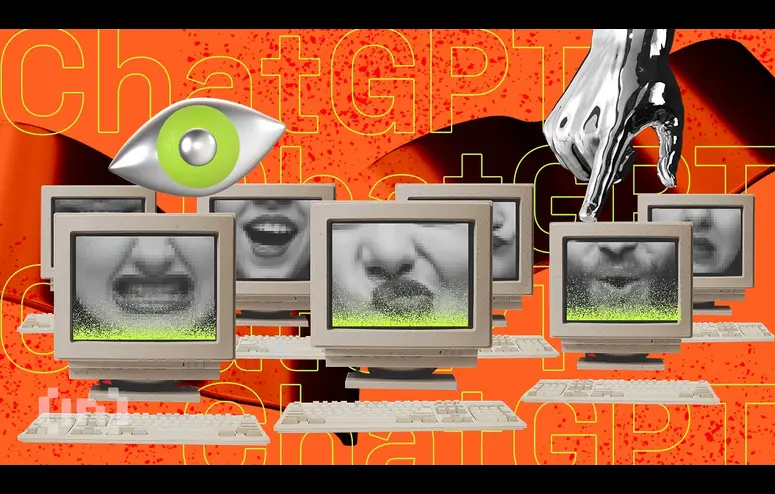First Italy, Now Germany Looks to Ban ChatGPT — Who's Next?
TL;DR The German Data Protection Commissioner is considering a ban on ChatGPT, following Italy’s footsteps. The ban has triggered a data privacy war with other European countries like France and Ireland also looking into the ban. The non-profit Future of Life Institute that includes Elon Musk, has called for a 6 month pause in training AI systems more powerful than GPT-4.

The German commissioner for data protection is mulling a ban on ChatGPT due to data security concerns, following Italy’s footsteps.
Just last week, the Italian Data Protection Authority restricted the use of OpenAI’s ChatGPT in Italy.
Why has ChatGPT Triggered a Data Privacy War
Italian authorities initiated a temporary inquiry into a possible violation of privacy laws by the AI application.
“In principle, such action is also possible in Germany,” Federal Commissioner Ulrich Kelber told local papers. Meanwhile, reports suggest that Besides Germany, privacy watchdogs in France and Ireland have also reportedly reached out to the Italian data regulator to discuss their findings that led to the ban.
A representative from Ireland’s Data Protection Commissioner (DPC) also stated that they are in contact with the Italian regulator to comprehend the reasoning behind their action. Reuters reported that the country stated it would collaborate with all EU data protection authorities regarding this issue.
The non-profit Future of Life Institute, including notable figures like Elon Musk, published an open letter before European nations enforced a crackdown. They advocated for a halt in the advancement of AI systems due to their significant “risks to society and humanity.”
At the time of writing, the letter has over 5,500 signatures calling “to immediately pause for at least 6 months the training of AI systems more powerful than GPT-4.”
Pause AI Experiments Petition by FutureofLife
Will Innovation Suffer Amid Scrutiny?
Like many other businesses, OpenAI developed GPT-4 to scale up deep learning and enhance language models. On a number of scholarly and professional benchmarks, ChatGPT’s GPT-4 guaranteed “human-level performance.” The issue is whether other businesses will have to put a halt to growth in the space amid the crackdown
Last week, the non-profit Center for AI and Digital Policy (CAIDP) complained to the U.S. Federal Trade Commission (FTC) that OpenAI’s ChatGPT, based on GPT-4 language model, is “biased, deceptive, and a risk to privacy and public safety.”
However, as generative AI becomes the newest frontier, Google CEO Sundar Pichai recently confirmed that ChatGPT’s competitor Bard would transition to a more potent language model. Another invention is YouChat from You.com, which joins Facebook AI’s RoBERTa and Microsoft Bing’s AI to compete in the space.
According to Wes Bricker, vice chair at PwC, significant aspects of businesses will be transformed by AI. The executive told Business Insider as technology improves efficiency, it is the responsibility of business leaders to work on transparency.
